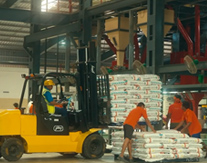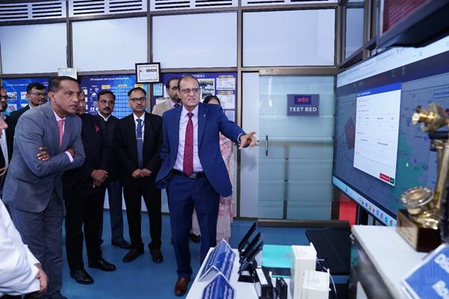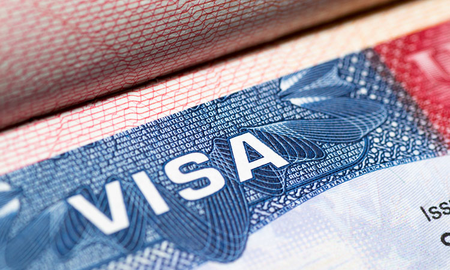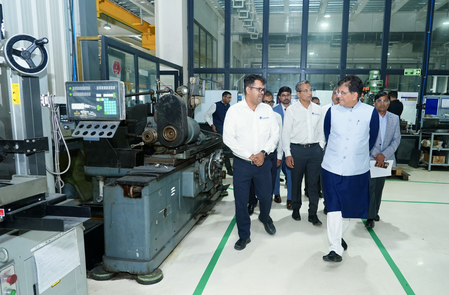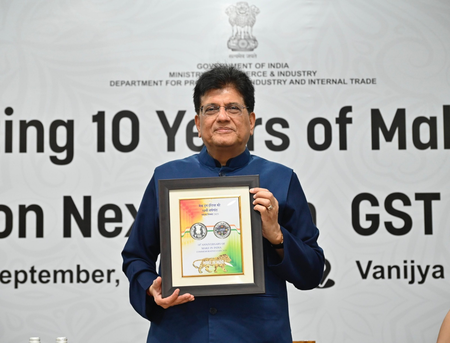
New Delhi, Sep 20 (IANS) Union Commerce Minister Piyush Goyal on Saturday unveiled a range of transformative initiatives to further boost the ‘Make in India’ scheme, on the occasion of the decade-long celebration of the flagship programme that has played a significant and productive role so far in the journey of making India self-reliant.
The minister launched the ‘Make in India’ commemorative coin to mark the completion of a decade of the initiative.
Over the past 10 years, the initiative has facilitated investment, encouraged innovation, built world-class infrastructure, and positioned India as a global hub for manufacturing, design, and innovation.
Goyal also unveiled some important initiatives developed by the department for promotion of industry and internal trade (DPIIT), aimed at enhancing operational efficiency and creating a future-ready, globally competitive logistics ecosystem in the country.
The minister highlighted that the government has initiated Integrated State and City Logistics Plans under the SMILE programme in collaboration with the Asian Development Bank (ADB), beginning with eight cities across eight states.
Anchored by DPIIT, these initiatives underscore the Government’s commitment to modernising logistics infrastructure and streamlining supply chains across India.
He also released the Guidebook on Mapping of Harmonised System of Nomenclature (HSN) Codes, prepared by DPIIT.
The Guidebook allocates 12,167 HSN Codes across 31 Ministries and Departments, and is expected to enable targeted policymaking and support effective trade negotiations.
Additionally, the Industry and Commerce Minister introduced the Logistics Ease Across Different States (LEADS) 2025 here.
LEADS 2025 represents a significant milestone in benchmarking logistics performance across States and Union Territories, supporting India’s vision of a globally competitive and future-ready logistics ecosystem.
He further launched Logistics Data Bank (LDB) 2.0, advancing India’s journey toward a digitally empowered, investment-ready, and export-competitive economy.
According to the minister, LDB 2.0 will provide critical insights into the availability of facilities and infrastructure across the logistics ecosystem.
The minister also launched the Industrial Park Rating System (IPRS) 3.0. Developed by DPIIT with support from the Asian Development Bank, the initiative aims to further strengthen India’s industrial ecosystem and enhance the competitiveness of industrial infrastructure.
—IANS
aps/na

